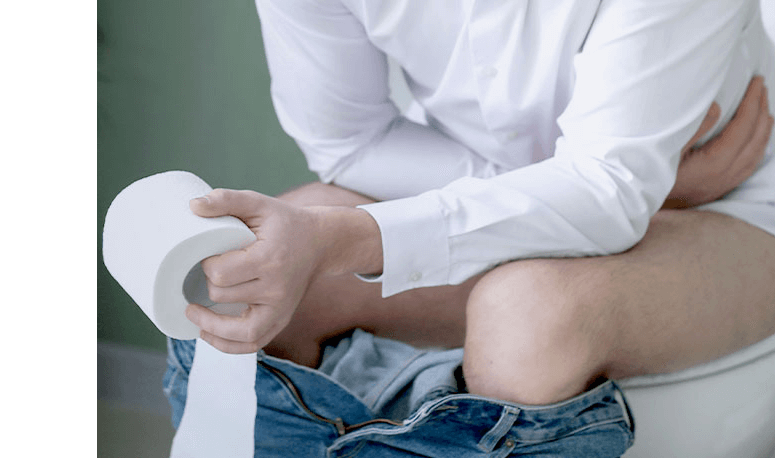Wide Range of Piles Treatments
Lifestyle & Dietary Changes

Medications & Creams

Rubber Band Ligation

Injections

However, should the piles (haemorrhoids) be deemed too serious (generally 3rd or 4th degree piles) or are not responding well to conservative methods, then surgical piles removal will be recommended.
ENQUIRE HEREWhen Will Piles (Haemorrhoids) Surgery be Considered?
Prolapsed Haemorrhoids

Thrombosed Haemorrhoids

Strangulated Haemorrhoids

Severe and Persistent Symptoms of Haemorrhoids

Recurring Haemorrhoids

How Do You Prepare for Piles
Proper preparation is essential for a smooth haemorrhoid surgery and recovery. Patients are typically advised to make dietary adjustments, manage medications, and follow pre-operative care guidelines.
Medication may need to be paused to reduce the risk of excessive bleeding. Additionally, patients with conditions such as hypertension or diabetes may require modified medication regimens based on their doctor's advice.
Piles Surgery
Conventional Haemorrhoidectomy

Closed-Wound Haemorrhoidectomy

Stapled Haemorrhoidectomy

LigaSure Haemorrhoidectomy

Transanal Haemorrhoidal Dearterialisation (THD)

What Are the Possible Risks of Piles (Haemorrhoids) Surgery?
- General Surgical Risks: These include bleeding and reactions to anaesthesia.
- Infection: Though rare, signs of infection like fever, chills, nausea, vomiting, increasing pain, redness, swelling, severe discharge or bleeding should be reported to your doctor immediately.
- Post-Operative Urinary Issues: Swelling or muscle spasms may cause temporary difficulty urinating (urinary retention).
- Anal Complications: There is a risk of anal stricture (narrowing) due to scar tissue, and in rare cases, damage to the anal sphincter can lead to faecal incontinence (loss of bowel control).
- Bowel Movement Issues: Constipation lasting over three days, even with laxatives, should also be reported.
Caring for Yourself After Piles Surgery
- 1. Keep bowel movements soft or slightly loose
- 2. Take your pain medications as prescribed
- 3. Apply your topical creams as prescribed
- 4. Soak in a sitz bath to reduce pain and inflammation
- 5. Avoid physical activities that may increase pain
FAQs
How long will a haemorrhoid surgery take?

What happens if haemorrhoids are left untreated?

Can piles recur even after receiving treatment?

Is laser treatment for piles effective?

Our Surgeons

Dr Dennis Koh
Medical Director & Senior Consultant Surgeon
B Med Sci (Nottingham), MBBS (Nottingham),
MMed (Surgery), FRCS (Edinburgh), FAMS
Dr Dennis Koh is an MOH-accredited and experienced colorectal surgeon who specialises in piles treatment and is currently the Medical Director at Colorectal Practice.
Dr Koh strives to provide a customized treatment plan for each patient, which allows for better outcomes. He also honed his skills in proctology abroad in Geneva, bringing a more diverse touch to his practice.

Dr Sharon Koh Zhiling
Senior Consultant Surgeon
MBBS (Singapore), MMed (Surgery),
FRCS (Edinburgh), FAMS
Dr Sharon Koh is an experienced colorectal surgeon and the former Director of Endoscopy at Alexandra Health.
Dr Koh completed her fellowship at Cedars-Sinai Medical Centre in the US after being awarded the Academic Medicine Development Award by the National University Hospital.

Dr Pauleon Tan Enjiu
Senior Consultant Surgeon
MBBS (Singapore), MMed (Surgery),
FRCS (Edinburgh), FACS
Dr Pauleon Tan has served in public hospitals for over 15 years and is experienced in minimally invasive surgery and endoscopy.
Dr Tan undertook advanced colorectal surgical training at Japan’s Saitama International Medical Center after being awarded the Ministry of Health – Health Manpower Development Plan (HMDP) Award.



